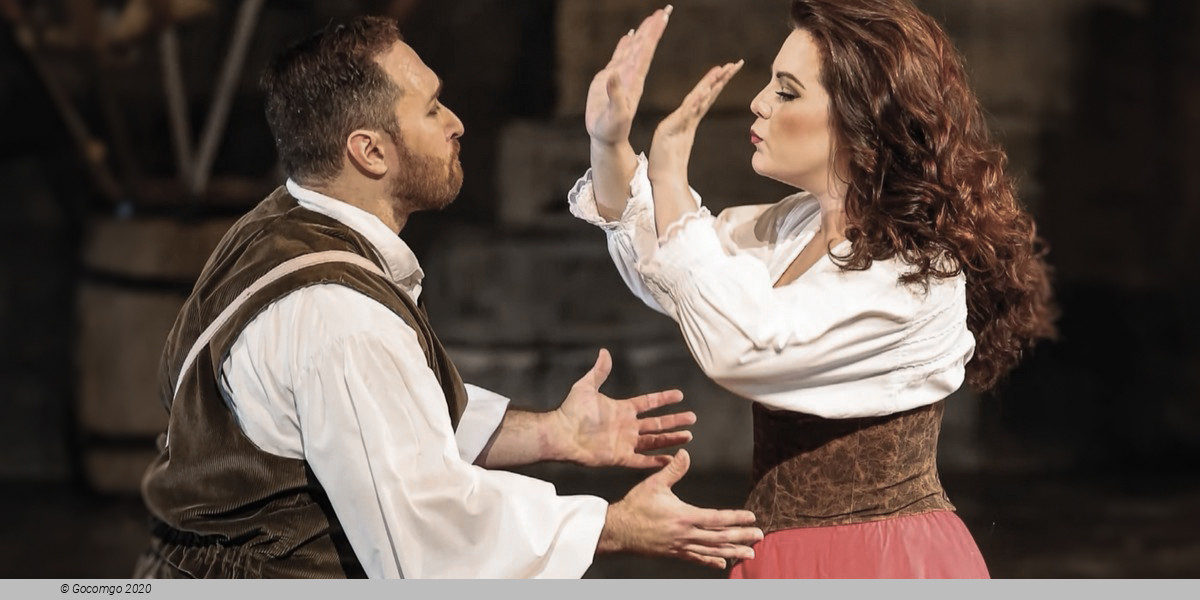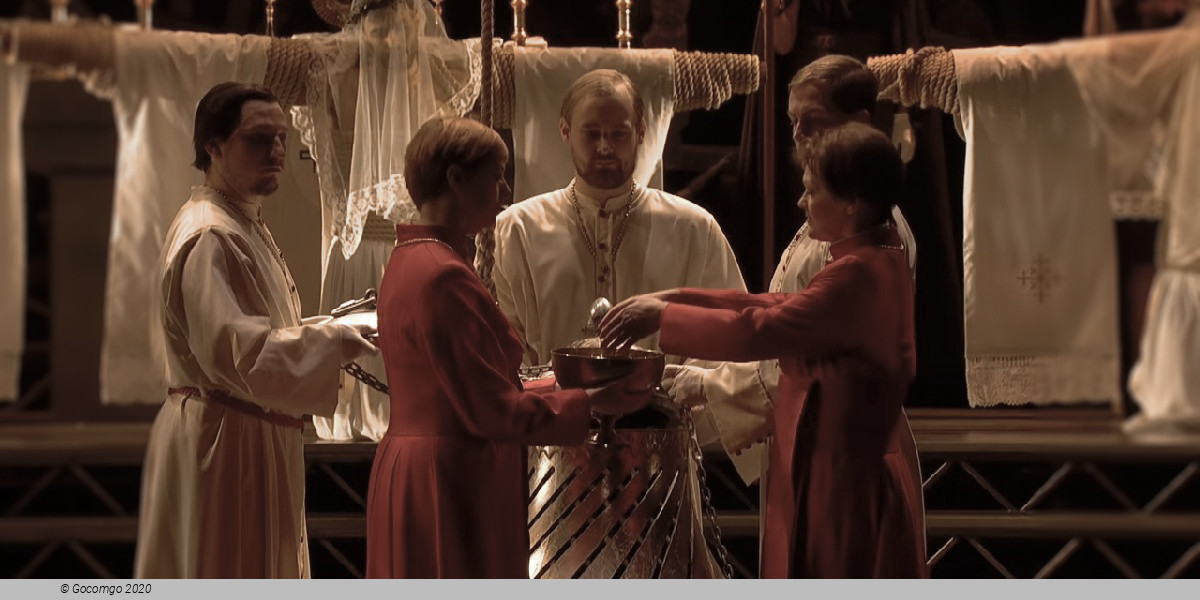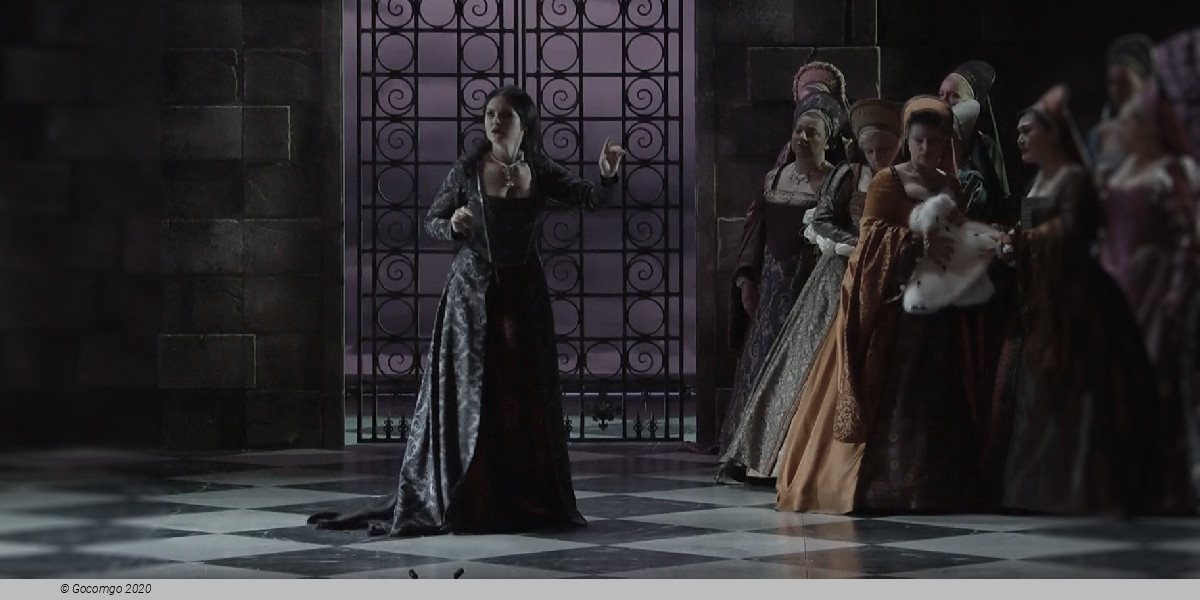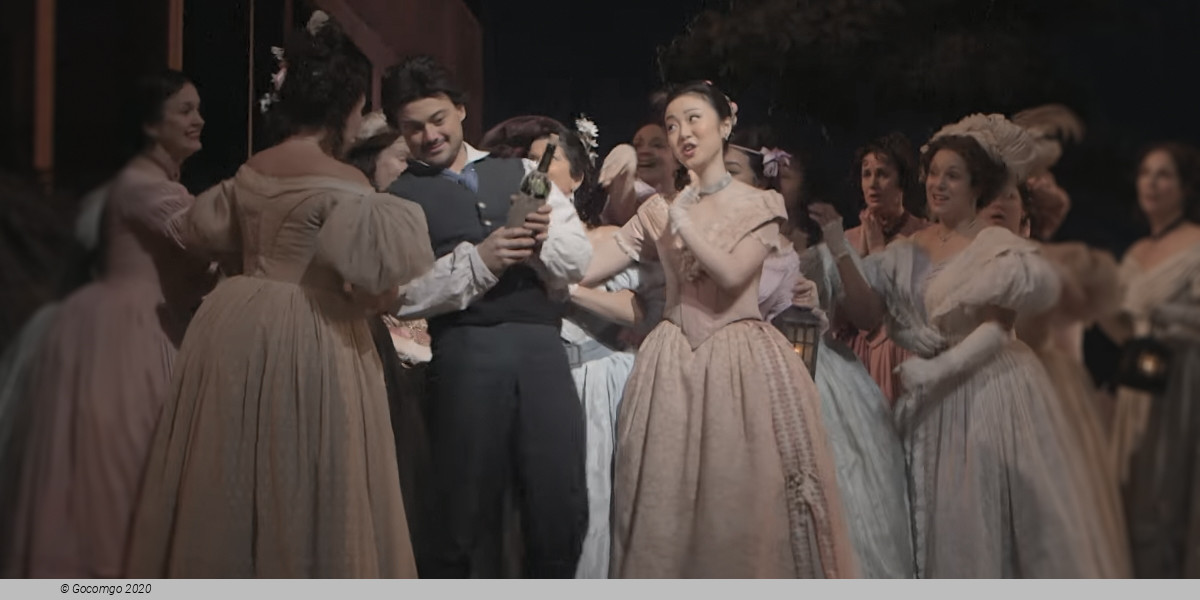Events48 results
About
Felice Romani (31 January 1788 – 28 January 1865) was an Italian poet and scholar of literature and mythology who wrote many librettos for the opera composers Donizetti and Bellini. Romani was considered the finest Italian librettist between Metastasio and Boito.
Born Giuseppe Felice Romani to a bourgeois family in Genoa, he studied law and literature in Pisa and Genoa. At the University of Genoa he translated French literature and, with a colleague, prepared a six-volume dictionary of mythology and antiquities, including the history of the Celts in Italy. Romani's expertise in French and antiquity is reflected in the libretti he wrote; the majority are based on French literature and many, such as Norma, use mythological sources.
After refusing a post at the University of Genoa, he appears to have travelled to France, Spain, Greece and Germany before returning to Milan in either 1812 or 1813. There he became friends with important figures in the literary and musical world. He turned down the post of court poet in Vienna, and began instead a career as opera librettist. He wrote two librettos for the composer Simon Mayr, which resulted in his appointment as the librettist for La Scala. Romani became the most highly regarded of all Italian librettists of his age, producing nearly one hundred. In spite of his interest in French literature, he refused to work in Paris.
Romani wrote the librettos for Bellini's Il pirata, La straniera, Zaira, I Capuleti e i Montecchi, La sonnambula, Norma and Beatrice di Tenda, for Rossini's Il turco in Italia and Bianca e Falliero, and Donizetti's Anna Bolena and L'elisir d'amore (which he adapted from Eugène Scribe's Le philtre). He also wrote a libretto (originally for composer Adalbert Gyrowetz) that Verdi used for his early comedy Un giorno di regno.
Romani was considered an ideal match for Bellini, who is quoted as having said: "Give me good verses and I will give you good music". Dramatic, even extravagant "situations" expressed in verses "designed to portray the passions in the liveliest manner" was what Bellini was looking for in a libretto, according to a letter to Francesco Florimo, of 4 August 1834, and he found them in Romani.
The two, however, had a falling out over missed deadlines for Beatrice di Tenda. After setting I puritani to a libretto by Carlo Pepoli, Bellini was determined not to compose any more Italian operas with anyone but Romani. I puritani was his last opera; he died less than a year after its première. Romani mourned him deeply and wrote an obituary in which he expressed his profound regrets over their disagreement.
In 1834 Romani became editor of the Gazzetta Ufficiale Piemontese to which he contributed literary criticism. He retained the post, with a break 1849–1854, until his death, in Moneglia, (in the region of Liguria, Italy). A volume of his lyric poems was published in 1841.





